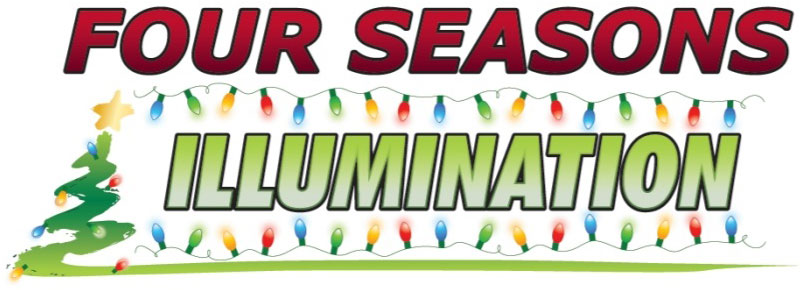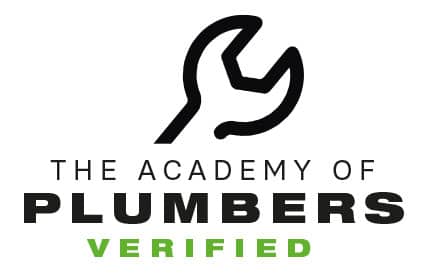Pressure washing is an essential service for maintaining the cleanliness and appearance of various surfaces, from concrete driveways to delicate wooden decks. Specialized chemicals play a crucial role by ensuring that each type of surface and contaminant receives precisely the treatment it needs. Understanding these chemicals’ specific uses can help anyone in the commercial pressure washing industry achieve optimal results without causing damage.
Different surfaces require unique chemicals to address their specific cleaning challenges. For example, concrete often attracts oil stains, rust, and grime that standard cleaners can’t break down, while wood surfaces need gentle, biodegradable options that won’t strip away the natural finish. Effective use of these chemicals not only enhances cleaning efficiency but also extends the lifespan of the surfaces being treated.
Selecting the right chemicals is about more than just choosing the most potent option. It’s crucial to match the cleaner to the contaminant and the material of the surface being washed. Incorrect usage could lead to surface deterioration or environmental harm, making it vital for professionals to be well-versed in the various chemicals available.
Types of Chemicals for Pressure Washing
Use of specialized chemicals in pressure washing can greatly enhance the cleaning process, ensuring effectiveness on various surfaces and contaminants. These chemicals range from alkaline and acidic cleaners to disinfectants, degreasers, and more.
Alkaline Detergents
Alkaline detergents are optimal for removing heavy grease, oil, and organic residues. They contain substances like sodium hydroxide or potassium hydroxide. Effective for cleaning machinery, garages, and industrial floors, these detergents work by emulsifying oily substances. Their high pH makes them unsuitable for delicate surfaces, such as aluminum or painted surfaces, as they can cause corrosion.
Acidic Cleaners
Acidic cleaners, often containing hydrochloric or phosphoric acid, excel in removing rust, scale, and mineral deposits. They are commonly used on concrete, masonry, and tile. These cleaners react with the deposits to loosen and dissolve them. While highly effective for tough stains, care must be taken on surfaces like marble or limestone to avoid etching or damage.
Disinfectants and Sanitizers
Disinfectants and sanitizers are essential for areas requiring microbial control. Sodium hypochlorite and quaternary ammonium compounds are typical components. They are widely used in food processing plants, hospitals, and public restrooms. These chemicals not only clean but also kill bacteria, viruses, and fungi, ensuring a sanitary environment.
Solvent-Based Degreasers
Solvent-based degreasers use solvents like mineral spirits or toluene to dissolve greasy and adhesive residues. Primarily used in automotive and industrial settings, they effectively break down tar, grease, and tough organic materials. Though extremely efficient, they must be used in well-ventilated areas due to their volatile organic compounds (VOCs), which can pose health and safety risks.
Vehicle Wash Formulas
Vehicle wash formulas are specially designed for automotive surfaces, often containing a blend of surfactants, water softeners, and waxes. These formulas help remove road grime, bird droppings, and tree sap without harming the paint or clear coat. Their pH-neutral nature ensures that they are gentle on all vehicle surfaces, including chrome and plastic trim.
Biodegradable Soaps
Biodegradable soaps offer an eco-friendly option for pressure washing. Made from natural ingredients like vegetable oils and citrus extracts, they break down quickly and pose minimal environmental hazards. Suitable for residential areas and environmentally sensitive locations, they clean a variety of surfaces, including decks, patios, and outdoor furniture, without leaving harmful residues.
Chemical Application on Various Surfaces
Different surfaces require specific chemical treatments to effectively remove contaminants and maintain material integrity. Chemicals used in pressure washing must be chosen based on the type of surface being cleaned.
Concrete and Brick Cleaning
Concrete and brick are durable yet porous, often accumulating grime and stains. Alkaline cleaners are frequently used for these surfaces, effectively breaking down oils and greases. For tough stains like rust, acid-based solutions such as muriatic or phosphoric acid are preferred.
A surface sealant may follow the cleaning process to protect against future staining. Proper rinsing is crucial to avoid residue that could deteriorate the surface over time.
Wood Restoration
Wood surfaces are sensitive and can be damaged by harsh chemicals. Oxygenated bleaches, often sodium percarbonate, are popular for restoring wood, addressing mold and mildew without discoloration.
Mild detergents are another option for removing dirt and grime. When pressure washing wood, always use a low-pressure setting to prevent surface damage. Sealing the wood after cleaning helps maintain its appearance and durability.
Metal and Vehicle Surfaces
Metal surfaces, including vehicles, require a different approach. pH-neutral detergents or mild alkaline cleaners are suitable for removing dirt and grease without corroding the metal. For vehicles, foaming agents add an extra layer of lubrication, reducing the risk of scratches during washing.
After cleaning, applying a protective coating can help prevent corrosion and maintain the surface’s shine.
Graffiti and Stain Removal
Graffiti often involves stubborn paint and marker stains. Solvent-based cleaners or paint removers are necessary to break down and dissolve these materials. Specialty graffiti removers are engineered to be effective on various surfaces, including concrete, brick, and metal.
Success with these chemicals depends on application time and proper agitation. Always test a small area first to ensure the chemical doesn’t damage the surface.
Roof and Gutter Treatments
Roofs and gutters often accumulate moss, algae, and debris. Biocides and algaecides are commonly used to treat organic growth, effectively killing and removing these contaminants.
Mild, non-corrosive detergents can clean gutters effectively, ensuring that no harsh chemicals damage the metal. Regular maintenance using these treatments can extend the lifespan of the roof and gutter system.








